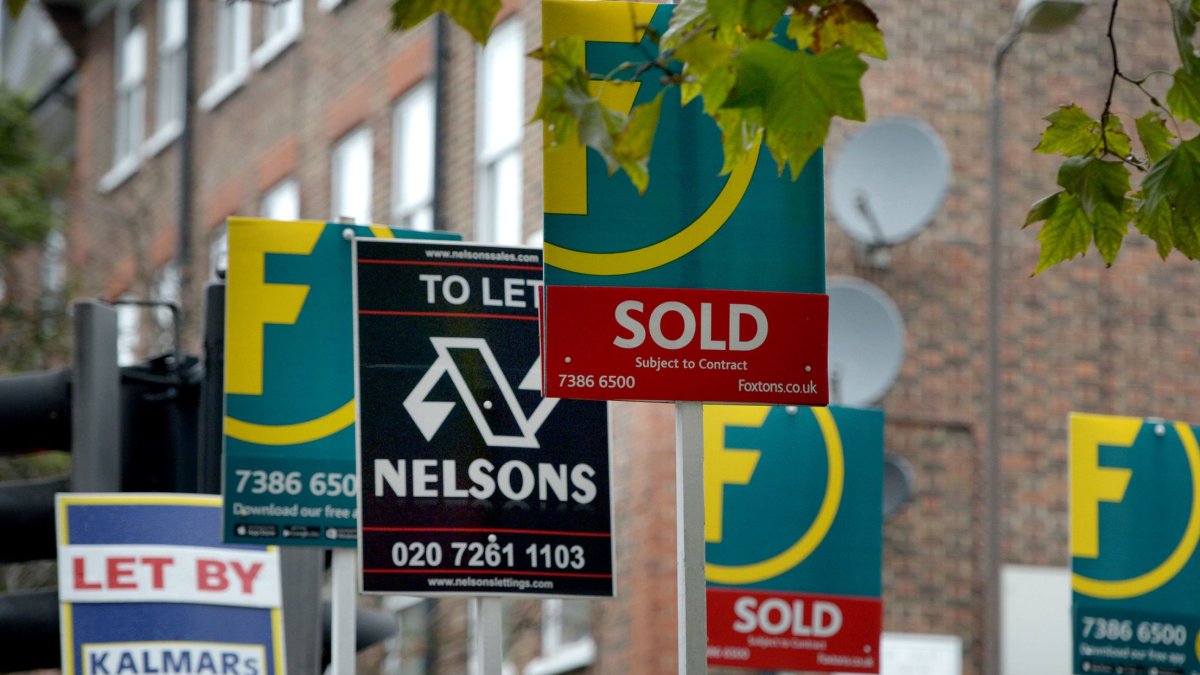
For years, home ownership was put on a pedestal in Britain.
Lucrative in the 90s and most of the 2000s when house prices exploded, it made homeowners more money than most paid work, and was cheaper than renting while interest rates were low in the wake of the 2008 global financial crisis. There was little not to love for those able to get a mortgage and buy a home.
However, the news via the banking trade association, UK Finance that demand for 35-year mortgages has hit a record high, with nearly a fifth of loans taken out by first-time buyers in March this year running for that long, suggests the tables have well and truly turned.
Until recently, the “typical” mortgage term was 25 years. Prior to the pandemic, it was already creeping up to 30, and now we are here at 35 years, with even longer terms of 40 years being offered by some lenders.
Taking out a longer mortgage will make buying a home more “affordable”, in theory, because it gives buyers longer to repay their debt. With house prices still at historic highs across the country, in spite of dips in house price inflation, this is one way to keep the market moving as interest rates continue to rise.
But it is not really “affordable” at all.
Indeed, five-year mortgage deals are nearly £560 more expensive per year than they were before the most recent inflation figures were released, according to analysis from Moneyfacts, a financial analytics company.
But caveat emptor – buyer beware – as solicitors who are more well-versed in Latin than the rest of us always say.
A longer mortgage term also means that a homeowner will be repaying their loan for a larger proportion of their life and, if rates continue to rise, it could cost them more to boot. This, as i has reported before, looks a lot more like renting from the bank than it does profiting from an asset that grows in value.
It could also create a ticking debt timebomb for younger homeowners who will be repaying their mortgages later in life and, perhaps, even into retirement.
The average age of a first-time buyer is edging ever closer to 40, having hit 37 at the end of last year. That’s up from 32 two years ago, according to the lender First Direct.
If you take out a 35-year mortgage at 37, you’ll still be repaying it at 72.
It’s also unlikely that first-time buyers entering the market today will see the kind of windfalls that previous generations of homeowners benefited from.
Between 2000 and 2022, while wages rose by 94 per cent, house prices went up by 224 per cent. Even when interest rates peaked in the 80s and 90s, house prices continued to go up, meaning that those in negative equity (which is when your home is worth less than you paid for it) recovered.
That is not what is expected to happen in the months and years to come. House price growth has slowed and house prices are now expected to fall by somewhere between 10 and 20 per cent across the next year.
The epic house price inflation that made buying up homes look like a good investment is gone, and perhaps for good, as wages would need to catch up with house prices for the elastic relationship between the two to keep functioning.
So, when it comes to longer mortgage terms, rising interest rates, and falling house prices – caveat emptor indeed.
At best, future generations of homeowners who buy without huge cash deposits will repay expensive mortgages into old age. At worst, they could end up repaying expensive loans taken out on homes that end up being worth less than they paid for them. Or, perhaps, we’ll end up like Japan where 70 and 100-year mortgages are passed down through generations of the same family.
